How to Lose Money While Making Money in Real Estate
By: Billy Cardwell, CFP® December 15, 2021
If you have been following our social media posts, a common topic over the last few weeks has been inflation. Inflation has been a hot topic for good reason, over the last year, according to the US Bureau of Labor Statistics, the inflation rate has risen to 6.2%. The reality is, inflation (or deflation for that matter) will always be a topic, and something that the Fed will continually keep a close eye on as a critical component of monetary policy. While commonly given a bad name (that it has mostly earned), inflation in some circumstances appears to improve consumers situations. For instance, when your home - or any other property you own - appreciates over time, which is a byproduct of the market in your area, but also inflation. So, is inflation good for our homes overall?
Inflation That You See, But Also That is Hidden
Inflation tricks people into feeling better about certain purchases, but the results may actually be negative. Buying and holding real estate, particularly homes, is a great example of this. There are costs of ownership that are built into, but often forgotten, and purchasing power are two ways that the net profit will be reduced on your property:
Costs of Ownership - Often, the exact amount you paid to purchase a home or rental property doesn’t tell the whole story. There is an annual cost to owning real estate; some are obvious – property taxes, updates to create a better version of the property you own, additions to expand the living area, and so on. Other costs are easily forgotten – interest paid on a loan for the property, monthly utilities, unplanned repairs, etc. Many of these costs also go up over time with inflation. All of these costs will reduce your actual rate of return on a sale, even if the market continues to appreciate.
Purchasing Power - Purchasing power is another hidden downside to inflation that people don’t often see. If you purchased a home in the early 1990s for $150,000 and sold it for $400,000 or more this year that seems like a ridiculously strong investment. Until you realize that the housing market has adjusted to a level in which $400,000+ doesn’t buy as much house as $150,000 did in the 1990s. Everyone loves to see the things they own appreciate in value, but other assets in the same category are allowed to increase in price over time as well.
Combining these two concepts together, buyers may find that a large gain from selling a home for considerably more than the initial purchase price, may not be so great after all.
So, Should We Invest in Real Estate or the Stock Market?
This isn’t a straight-forward answer, and it never will be. Historically speaking, even after absorbing the costs above, homes will represent the largest asset of many middle-class families. And over time, Real Estate has continued to perform reasonably well (aside from a few hiccups like 2008 and 2009). Investing in the stock market has also traditionally been an excellent way to increase your net worth over time.
It is not uncommon to have a discussion with clients in our office on the benefits of investing in real estate compared to the stock market. Our answer is not the same each time this topic comes up.
It is impossible to have a blanket recommendation because each family’s case is different, each property available for purchase is unique, and other factors come into play (liquidity needs, fees for transactions, etc.).
What is important to keep in mind is that having an ideal mix of assets both in the stock market and in other ventures (including real estate) allows you to grow your net worth, provide a meaningful difference to your financial future, and give the flexibility needed to make the correct choices for you and your family as your needs change.
As you dive deeper into your own financial goals, if you would like to talk about your situation, and if investing in either the market or real estate (or a mixture of both) makes sense for you, we would be happy to meet in-person or online.
Billy Cardwell, CFP®
Billy Cardwell is the Owner and President of Aurora Financial Strategies, a financial advisory firm based out of Kokomo, IN. He can be reached via email at billy@billycardwell.com. Investment Advisory Services are offered through BCGM Wealth Management, LLC, a SEC registered investment adviser. This blog does not constitute advice. This is not an offer to buy or sell securities. Advisor is not licensed in all states.

